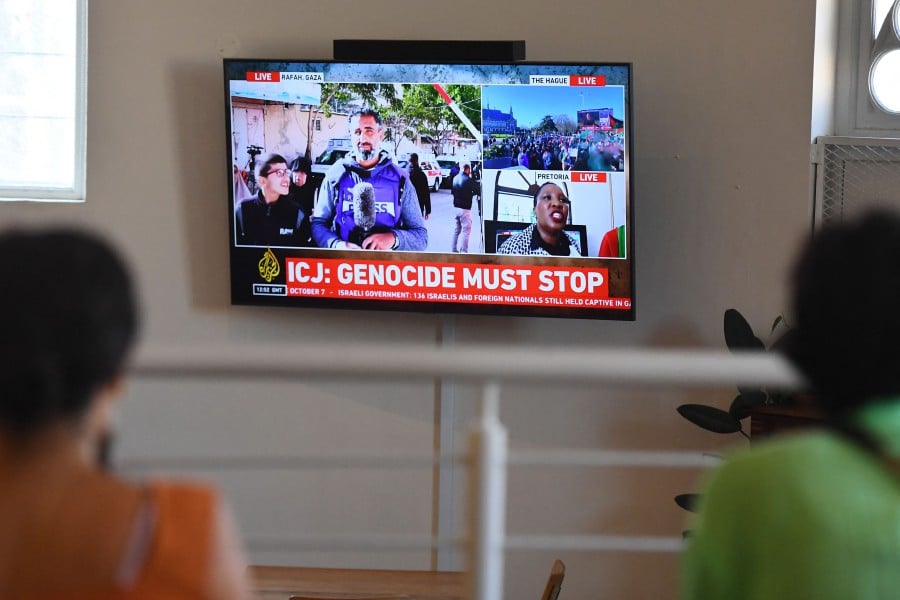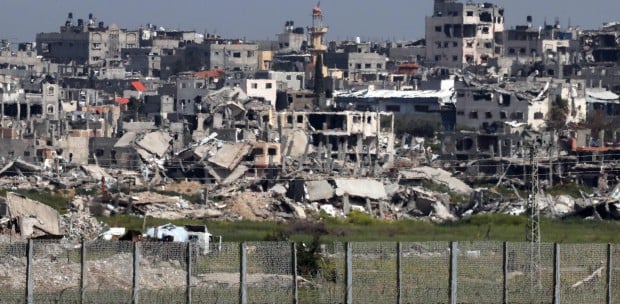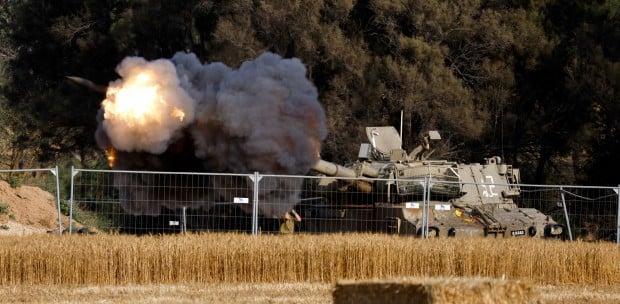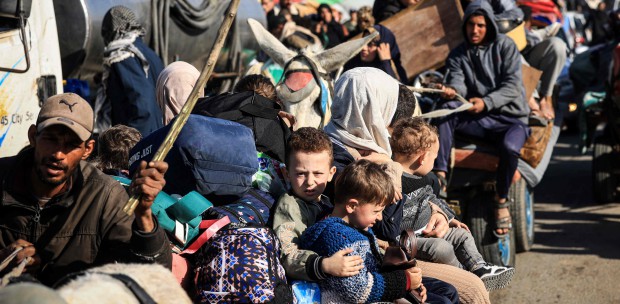If there ever was a court decision that was disheartening and heartening at the same time, then the International Court Justice's (ICJ) verdict on Friday must be it.
Start with disheartening. South Africa, after depleting its diplomacy on trying to end the slaughter of Palestinians by the Israelis, filed a case of genocide against the Zionist regime, calling on the court to order an immediate ceasefire in Gaza, among other provisional measures.
Instead, the world court ordered Israel to take immediate steps to prevent genocidal acts. Granted, the ICJ didn't decide on whether or not genocide is being committed — expect this ruling to take years — but a reading of the court's judgment does show that it did think that such dastardly act had likely occurred.
On this ground alone, the ICJ should have ordered an immediate ceasefire. To not do so is to license Israel to continue its genocidal campaign in the weeks, if not months, to come. Unrepentant Israeli ministers have promised just that.
As the saying goes, justice delayed is justice denied. As if to tell the ICJ that Israel doesn't care about its decision, Tel Aviv proceeded with its blitzkrieg of Gaza as its president, Joan E. Donoghue, delivered the court's judgment.
The message from the Zionist regime is clear: international norms are meant to be enforced on its foes, not on itself. Israel has killed 26,000 Palestinians, mostly women and children, and displaced 1.9 million others since Oct 7, Reuters reported on Friday.
The world court could have put an end to Israel's impunity, but it chose not to as it did with Bosnia in 1993. If you thought historians are the only ones who repeat history, think again. Judges are beginning to do the same.
Now for the heartening part. ICJ had no doubt that some of Israel's acts fell within the genocide convention. Accordingly, it ordered six interim measures, one of which directed Israel not to destroy evidence of the crime.
Most importantly, by continuing to hear the case, the world court is saying that invasion of Gaza isn't a war, but an onslaught against a people.
This is very courageous of the ICJ, especially given the terrible fate that befell the International Criminal Court when it started investigating allegations of genocide against Israel in 2021. But what is justice without the courage to right wrongs? Justice must speak truth to power.
Thankfully, South Africa, despite threats by Israel and its allies, had valiantly put Israel in the dock. With equal valour, the ICJ is keeping it there.
This is in itself a historic decision of great importance. Never has an international court destroyed Israel's hubris thus. Here is an irony that should sting the Zionist regime to no end.
Seventy-five years after the Holocaust, the international community gifted Israel with the genocide convention. But 75 years after the establishment of the Zionist regime, Israel is itself in the dock facing charges of genocide.
Israel doesn't need a lecture on morality, The Guardian quotes its defence minister, Yoav Gallant, as saying. South Africa and a great many others think Israel needs one badly. More to the point, the ICJ thinks so, too.
Are we seeing the birth of accountability? Only if nations that claim to respect international law can honour the ICJ's decisions.





